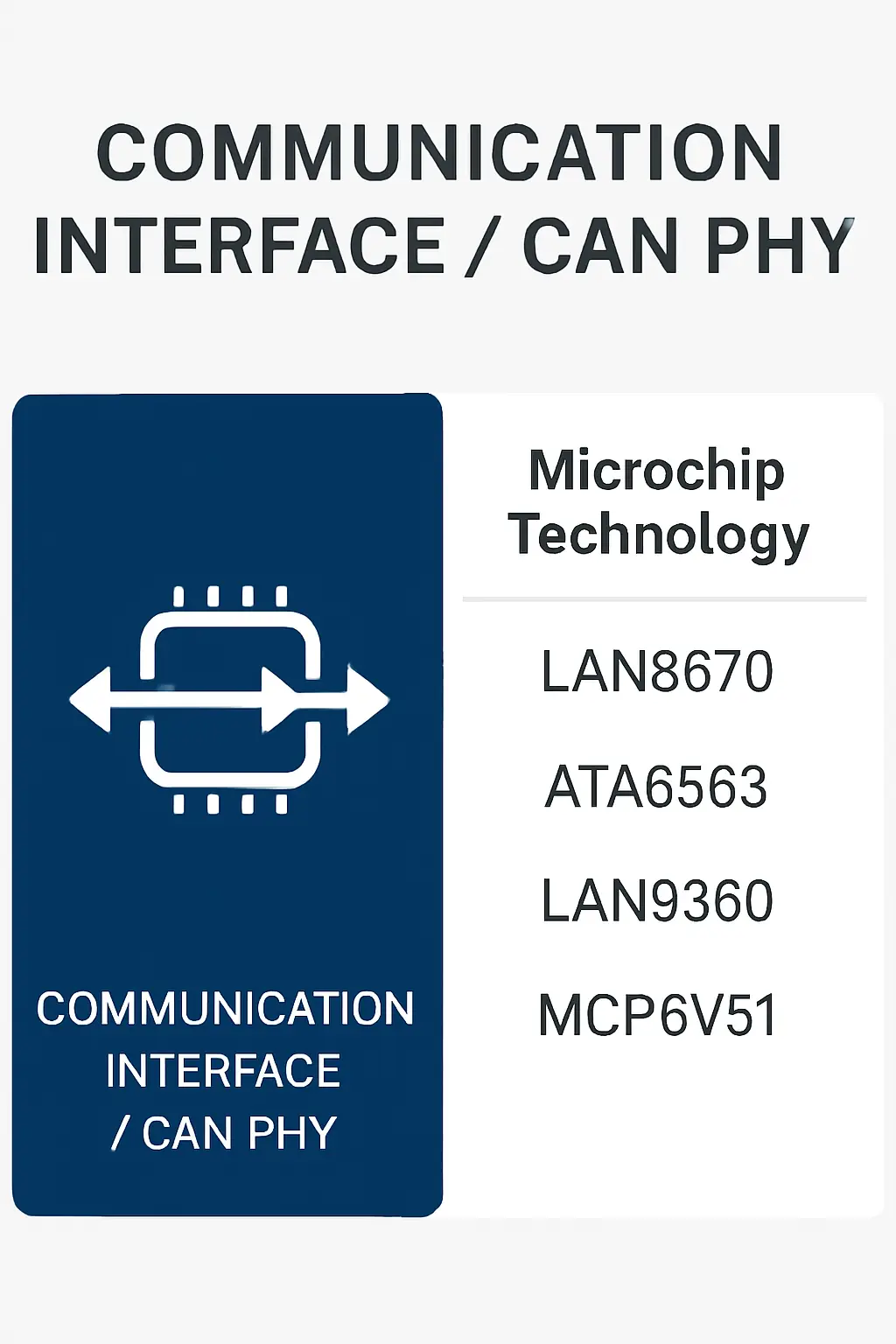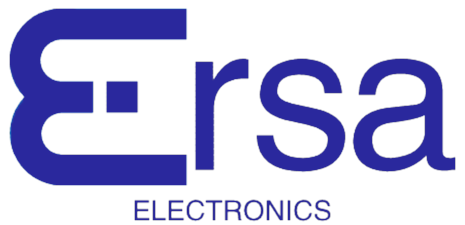Communication Interface / CAN PHY
Traction inverters are essential components in electric and hybrid vehicles, responsible for converting direct current (DC) from the battery into alternating current (AC) to power the electric motor. These systems play a crucial role in vehicle performance, efficiency, and energy management. Integrated with communication interfaces such as CAN PHY, traction inverters enable seamless data exchange between the inverter and other vehicle systems, ensuring precise control and real-time monitoring.
Designed for automotive electronics, traction inverters support electrification and battery systems by optimizing power delivery and improving overall vehicle range. They are widely used in electric vehicles (EVs), plug-in hybrid electric vehicles (PHEVs), and advanced driver-assistance systems (ADAS). The communication interface ensures compatibility with vehicle networks, allowing for efficient diagnostics, fault detection, and system coordination.
These inverters are built to withstand harsh automotive environments, offering high reliability, thermal management, and electromagnetic compatibility (EMC). Their application extends beyond propulsion, supporting auxiliary systems and enhancing vehicle safety. As part of the broader automotive electronics ecosystem, traction inverters contribute to the development of smarter, more connected, and sustainable transportation solutions. With continuous advancements in electrification, these systems remain at the forefront of innovation in modern vehicle design.
Details
Communication Interface / CAN PHY

Related Parts
| Series Name | Description | Manufacturer Name | Attribute Description |
|---|---|---|---|
| Microchip Technology | 10/100 Ethernet PHY, 2.5V–3.3V supply, low power, MII/RMII interface, integrated magnetics, -40°C to +85°C, 48-pin LQFP, supports auto-negotiation, energy-efficient Ethernet, and HP Auto-MDIX. | ||
| Microchip Technology | 3.3V to 5.5V supply, 800µA typical operating current, 25Mbps data rate, fault-protected CAN transceiver with ±58kV ESD protection, high noise immunity, suitable for industrial and automotive applications. | ||
| Microchip Technology | 32-bit RISC processor, 10/100/1000 Mbps Ethernet, integrated PHY, 128KB RAM, 10/100/1000 Base-TX, supports IEEE 1588, low power consumption, MII/RMII/GMII interface, 128-pin BGA package, industrial temperature range. | ||
| Microchip Technology | Zero-drift op-amp, 1.8V to 5.5V supply, 1.3µV offset, 0.005µV/°C drift, 1.25MHz GBW, 650µA quiescent current, rail-to-rail I/O, 106dB CMRR, -40°C to +125°C. |








.png?x-oss-process=image/format,webp/resize,h_32)










